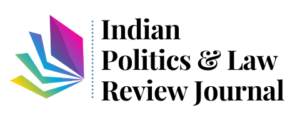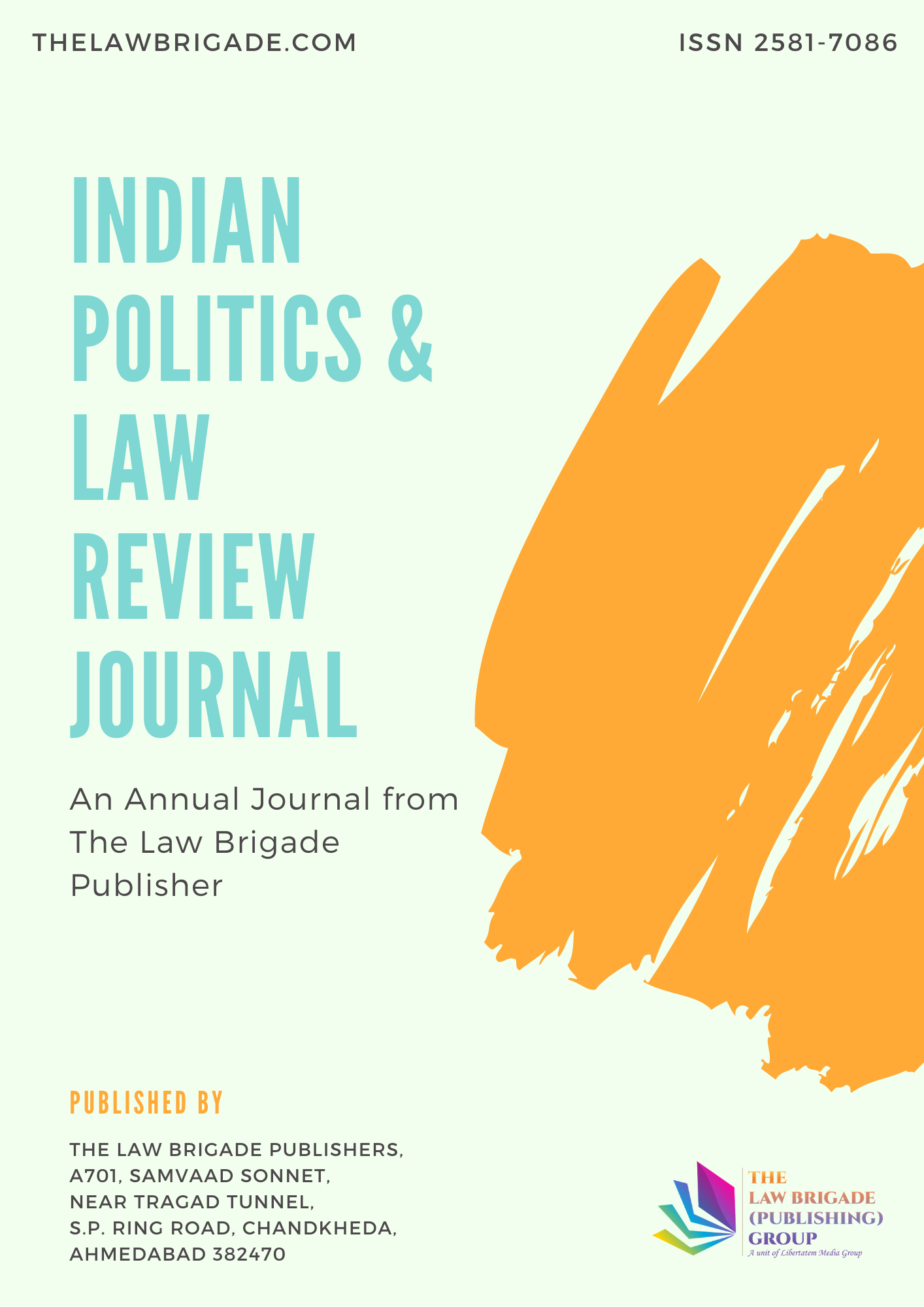The purpose of this research paper is to draw a comparative analysis of the two most contested electoral systems, the ‘First-Past-The-Post’ (FPTP) system and the Proportional Representation (PR) system which predominantly serve as a moot point in many types of governments in many countries, transcending boundaries and continents; to answer questions on electoral legitimacy and governance.
The FPTP, a form of plurality voting system, is a type of electoral system in which people cast their votes to the candidate of their choice and the candidate with the highest number of votes wins. This is a widely adopted system across many polyarchies, democracies and Parliamentary forms of government.
On the other hand, the PR system simply put, is a type of voting mechanism adopted by most countries that seek to put forth their diverse representation of electoral candidates which often result in forming multi-party coalitions, as the number of seats to the elected candidates/ Parties stand in proportion to the number of votes cast to them.
Case studies of two countries each from the FPTP or the ‘Simple Majority’ type of voting system and that of the Proportional Representation or the ‘Single Transferable Vote’ electoral system would be critically analysed, following with a thorough comparison of the working of the two systems in the countries under consideration will be done.
The paper seeks not only to distinguish between the two systems of voting but also assess their working across nations and countries of governance to check their viability, efficiency and their effectiveness in the voting of leaders and their accountability to the people therein.
The research paper also focuses on trying to gauge the answers to some of the questions that challenge the foundation and functioning of the two systems of voting:
“Is FPTP a myth in a multi-party system or polyarchy?” and “Has the PR system been effective in promoting secularism in democratic countries?”
While the former one includes within it questions pertaining to the fair representation of the minority parties in a country along with the upliftment of the minorities in that nation, the latter addresses questions with respect to some of the basic elements that are crucial to the proper functioning of the governments in power with a PR system of electing leaders; the elements being, the importance of ‘Closed-Party Lists’ and ‘Open-Party Lists’, that also play a part in justifying the three E’s (Effectiveness, Efficiency and Electoral- Efficacy).
Thus, the paper looks to join all such dots to give the reader the idea of a ‘bigger picture’ with respect to the two ‘big’ questions that are explained and answered in the research paper. The ending lines of the paper seek to justify the purpose of the topic chosen, thereby giving a brief about the comparative analysis of the two electoral systems under scrutiny and how far they have fared with respect to their functioning in the types and forms of political parties and governments thereof.





